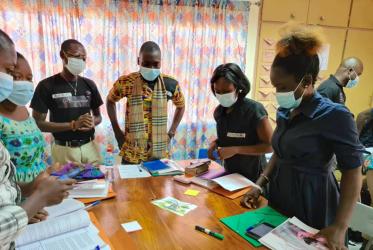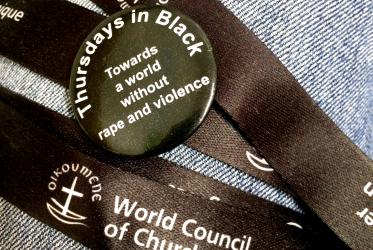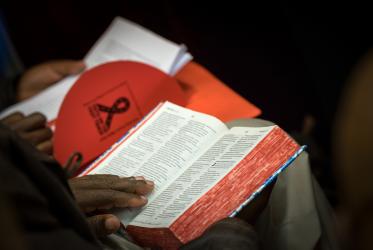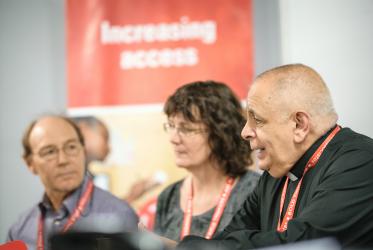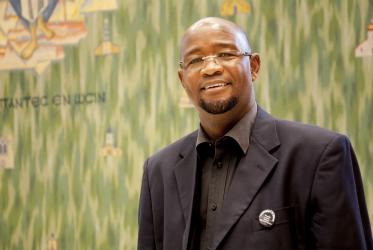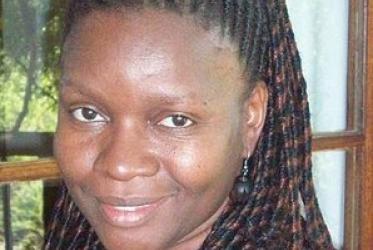Displaying 1 - 20 of 28
Faith and HIV treatment go hand in hand
06 March 2019
On the journey to HIV – bridging gaps, debunking myths
21 February 2019
Bible study gives hope as youth reflect on HIV
02 November 2016
Honest talk blossoms between youth, theologians in Cote d’Ivoire
14 September 2016
Person with disability shares reflection on AIDS conference
10 December 2015
Churches need to do more to tackle HIV and AIDS
23 June 2015
Living with God in the context of HIV and AIDS
27 February 2013
Responding to HIV with faith and courage
23 January 2012



